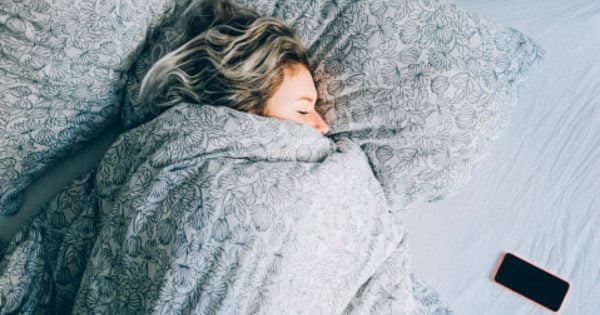Roxy Jacenko wears many (designer) hats. She runs a successful PR company in addition to a number of other businesses, is a mum of two and a social media influencer in her own right.
How does she find the time? Well, now we know.
She recently told Kyle and Jackie O exactly how much sleep one of Australia’s most successful businesswomen really needs.
“I don’t really sleep that much. I get four hours… I’m probably a miserable b*tch but that’s just how it is,” she said.



Top Comments
Nice line to sell to potential clients, I suppose: emails checked hourly, day and night!